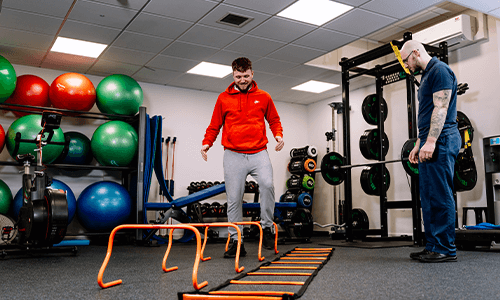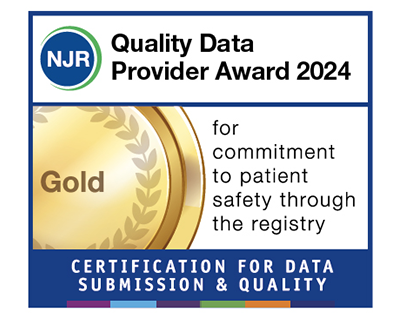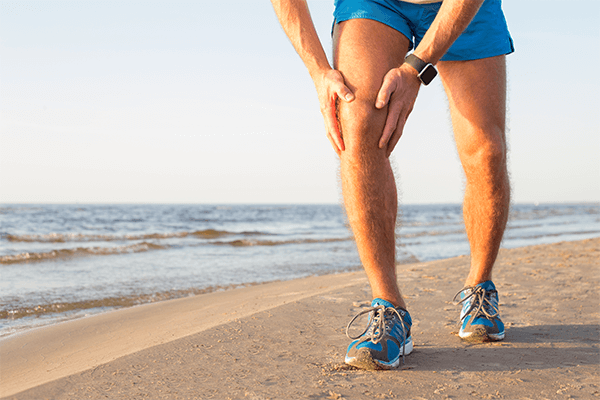Clifton Park Hospital Specialists
-
Mr Edward Britton
Mr Edward Britton - Consultant Orthopaedic Surgeon, Clifton Park Hospital, York who specialises in hip and knee procedures.
Read more -
Mr Nick Carrington
Mr Nicholas Carrington is a Consultant Orthopaedic Surgeon in York, North Yorkshire.
Read more -
Mr David Cash
Mr David Cash is a Consultant Orthopaedic Surgeon in Yorkshire who specialises in Hip and Knee surgery
Read more -
Mr Chris Lodge
Mr Chris Lodge is a Consultant Orthopaedic Hip & Knee Surgeon North Yorkshire
Read more -
Mr Ken Mannan
Mr Ken Mannan is a Consultant Orthopaedic Surgeon who specialises in Hip and Knee surgery.
Read more -
Mr Anthony Maury
Mr Maury is a Consultant Orthopaedic Surgeon specialising in all aspects of Hip & Knee Surgery, especially partial knee replacement and revision of failed hip and knee replacements.
Read more -
Mr Mathias Nagy
Mr Mathias Nagy is a highly accomplished dual fellowship-trained Consultant Orthopaedic Surgeon in Yorkshire specialising in Knee Surgery.
Read more -
Mr Sunil Pai
Mr Sunil Pai is a Consultant Orthopaedic Surgeon in York who specalises in Knee Surgery.
Read more


